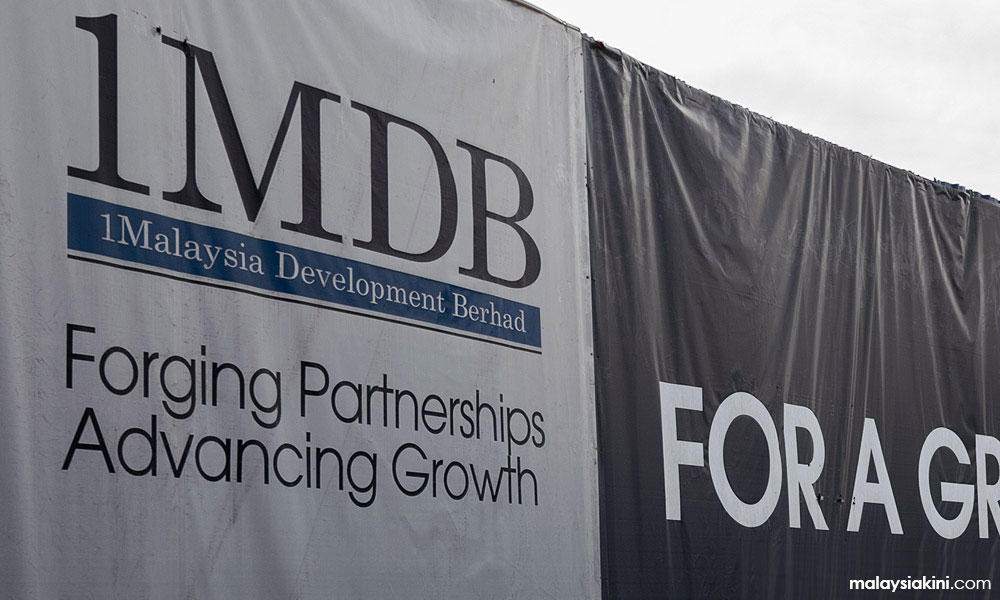While acknowledging that external factors influenced the ringgit’s decline, World Bank economist Apurva Sanghi pointed to the 1MDB scandal and Malaysia’s lack of competitiveness as the root of the problem.
The bank’s lead economist for Malaysia said while other Asian countries hit by the 1997 Asian Financial Crisis (AFC) have introduced significant reforms, Malaysia’s lack of reform has hurt its economy in the long run.
“Malaysia’s ringgit began stronger than Thai’s Baht and [South] Korea’s Won but that is no longer because Thailand and Korea were two countries that (arguably) reformed the most after the AFC,” he posted on his X account today.
“They opted for short-term pain; long-term gain... but not Malaysia.”
He noted that since the AFC, Malaysia has not recorded a fiscal surplus, and its investments and exports - as a percentage of its gross domestic product - have declined.
The shock of the 1MDB scandal has also “severely dented” the ringgit, Apurva said.

His comments came after Bank Negara governor Abdul Rasheed Ghaffour blamed the decline on external factors such as expected US interest rates and uncertainty on China’s economic prospects.
This was disputed by former prime minister Muhyiddin Yassin.
In an interview with Bloomberg published earlier today, he questioned if the reason behind the weak ringgit is geopolitical, why is Malaysia’s currency performing among the worst?
The ringgit’s weak performance is eroding the trust in current prime minister Anwar Ibrahim and sparking anger towards the current administration, he reportedly said.
Trade with China
Meanwhile, Apurva said while external factors such as the US and China are important, they affect different countries differently.
Though China’s slowing economy may contribute to the poor ringgit performance - because much of Malaysia’s trade depends on the country - the Vietnamese Dong is outperforming the ringgit despite an even higher trade dependency on China.
Chinese trade accounts for 16 percent of Vietnam’s exports, compared to 13 percent for Malaysia, he said.
“(This is) Because of differences in domestic conditions and response.
“Weak ringgit is ultimately a symptom of a long-term decline in Malaysia’s competitiveness,” he said.
He added that the ringgit will take care of itself if policymakers are successful in “developing good habits”.
“If you want to lose weight, you develop good habits first. Weight takes care of itself.
“Likewise, ringgit suffers mostly from a long-term decline in Malaysia’s competitiveness. If you take care of this decline, which policymakers are attempting to do, ringgit will take care of itself,” he said.- Mkini




No comments:
Post a Comment
Note: Only a member of this blog may post a comment.